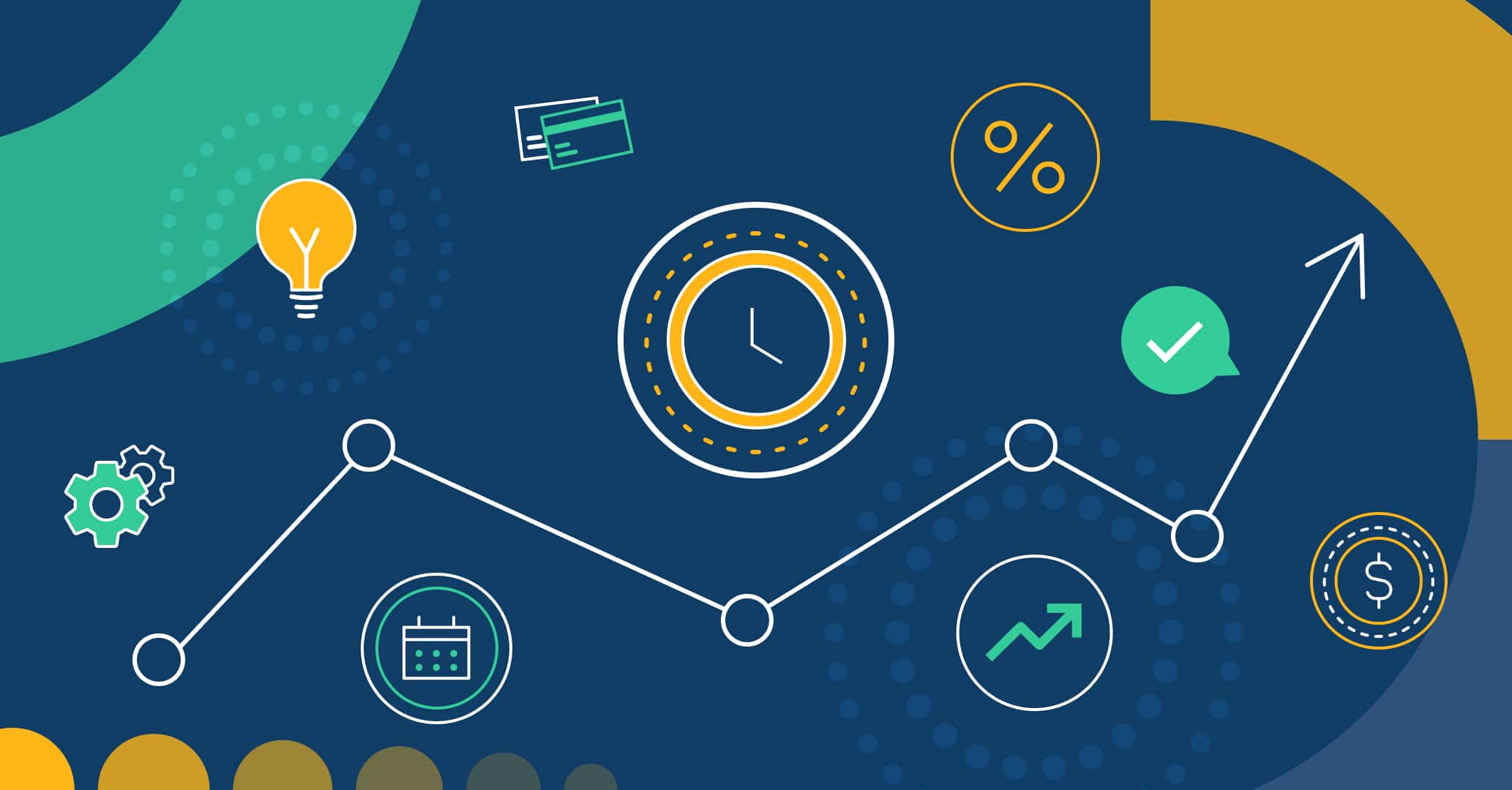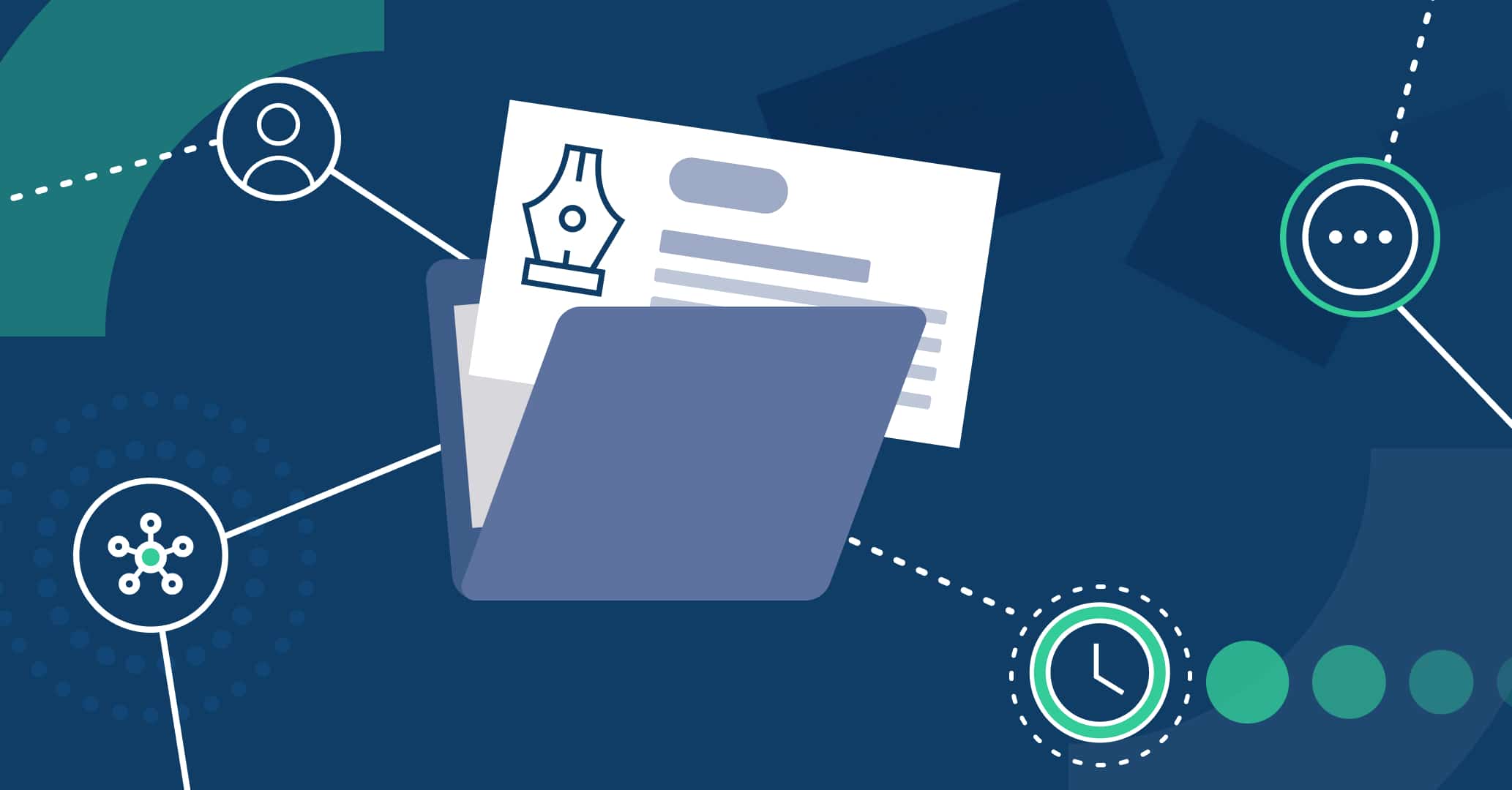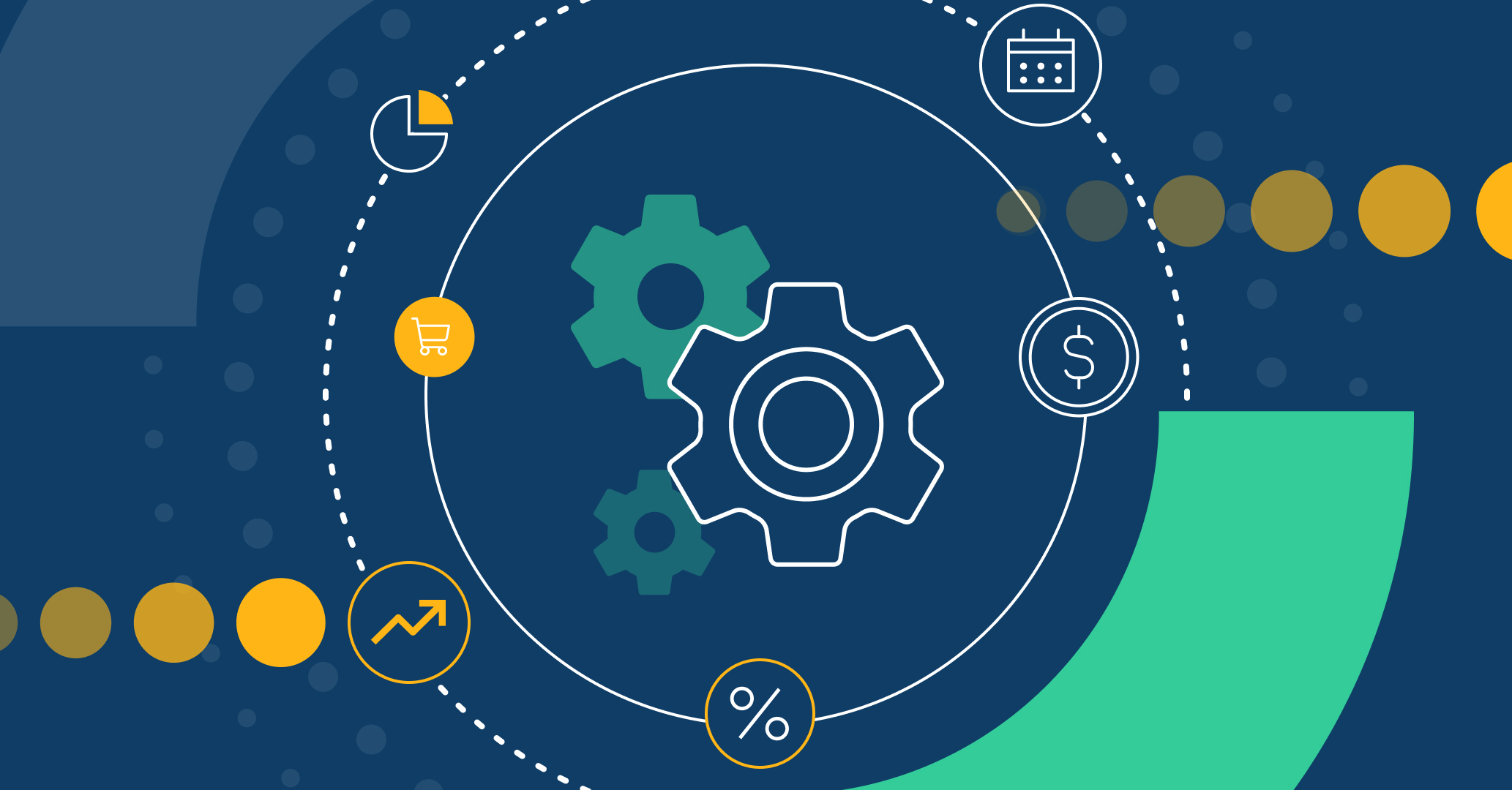In the business world, contract management is an essential aspect that governs the relationships between companies and their various stakeholders, including suppliers, clients, and employees.
When we understand a contract as an agreement between two parties, its management involves challenges such as tracking deadlines, ensuring compliance, the need for automation, and the difficulty in managing risks, among others. If not addressed, these issues can lead to inefficiencies and excessive costs for the company, which is why optimal contract management is indispensable for the performance of your business.
This article provides a comprehensive guide to optimize contract management, covering its fundamentals, stages, common challenges, and key tools.
What is Contract Management?
Contract management refers to the process of managing the creation, execution, and analysis of contracts to maximize the operational and financial performance of an organization, while minimizing financial risk. It goes far beyond ensuring that contractual obligations are met; it’s about creating a system that can improve operational efficiency and relationships.
Contract management is crucial for several reasons:
Contractual compliance: Ensures both parties fulfill the stipulated terms and conditions.
Performance documentation: Facilitates tracking the performance of each party in relation to the contract’s objectives.
Business relationships: Promotes better communication and collaboration between parties, preventing misunderstandings.
Financial performance: Reduces costs associated with non-compliance or inefficient management.
What is Done in Contract Management?
Contract management is not a one-time event but a continuous process that involves several key stages. To understand them, let’s explore these stages with the example of a supplier contract:
Pre-contractual Stage
During this stage, the foundations for a successful contract are laid. It includes:
- Needs Identification: Determining what goods or services are required, which are a priority, and why they are needed.
- Supplier Selection: Evaluating options and choosing the most suitable one for the case.
- Negotiation: Defining the terms and conditions of the agreement while considering the interests of both parties.
Contract Execution Stage
In this phase, the contract is formalized:
- Drafting and Signing: The document is written, approved, and signed by both parties.
- Communicating Obligations: It’s vital that all parties understand their responsibilities and the consequences of non-compliance.
Post-contractual Stage
This is where most of the contract management work takes place:
- Performance Monitoring: Ensuring that the stipulated terms are met: deadlines, delivered goods or services, and their quality.
- Change Management: Adapting the contract to unforeseen circumstances, market changes, or economic adjustments.
- Dispute Resolution: If conflicts arise, resolving them efficiently.
- Closure or Renewal: Finalizing the contract when the stipulated term ends or initiating its renewal.
What Agreements Are Defined in a Contract?
Before signing the contract, it’s necessary to define its basis: its terms, conditions, and commitments. Some of the most typical agreements in business contracts are:
- Contract Reason: Defining the purpose and scope of the agreement.
- Duration and Validity: Start and end dates, conditions for renewal or early termination.
- Obligations and Responsibilities: Tasks, goods, or services to be delivered by each party.
- Payment Terms: Defining compensation, payment schedules, and potential adjustments during the contractual relationship.
- Confidentiality: Clauses protecting sensitive information.
- Intellectual Property: In case a patentable project is being developed, establishing ownership provisions.
Best Practices in Contract Management
Implementing best practices can make a significant difference in the effectiveness of contract management. Although each organization may approach contract management differently, certain elements are universally important:
- Centralized Information Management: Keeping all contract-related information in a centralized system is crucial. This promotes visibility, accessibility, and ensures everyone is aware of contractual obligations.
- Continuous Monitoring and Performance Tracking: Regularly monitoring performance relative to the terms of the contract helps identify problems early and take corrective action.
- Effective Communication and Collaboration: Clear communication and collaboration, both internally and with suppliers, are essential for successful contract management. It helps resolve disputes, manage changes, and ensure contract goals are met.
Common Challenges in Contract Management
As we’ve seen, managing contracts goes beyond signing an agreement. Without proper focus and preparation, problems may arise in the process, such as:
- Risk Management: Recognizing potential risks in a contractual relationship, addressing them, and finding customized solutions to mitigate their impact is crucial to ensuring contract performance.
- Compliance: It’s essential to closely follow possible changes in regulations, whether local legislation or international quality standards the business adheres to, like ISO 9001, to avoid breaches that hinder operations.
- Lack of Automation: In manual processes managed by different teams or collaborators in a fragmented way, human errors are common, reducing the company’s efficiency. That’s why automating business processes is recommended to boost the success of contract management.
How Qflow Can Help in Contract Management
To simplify contract management, Qflow offers a range of tools that automate the entire contractual process: from document drafting, making necessary modifications, electronic signing, and storage. Additionally, features like setting up alerts and notifications help ensure compliance with stipulated conditions.
Practical Example: Use of Pre-Designed Templates
Qflow facilitates process design and automation through pre-designed templates. In the gallery of ready-to-use templates, you can find the Document Management template, which includes the drafting and approval of contracts, signing, and storage.
- Drafting: This is the first step in the process. Once the contract sections are defined, the person responsible for drafting proceeds to create the first draft.
- Collaborative Review: Initially, the users involved in the process can make comments and edits directly on the platform. Once the final draft is defined, it is sent to the counterparty for signature, awaiting possible comments or modifications on their part.
- Electronic Signature: Once the contract is ready, Qflow integrates with DocuSign to allow the electronic signing of the document, ensuring the validity and security of the contract.
- Secure Storage: Documents are stored in an accessible and protected repository for preservation and possible consultation.
Conclusion
Contract management is a crucial component for business success. By implementing best practices and adopting technological tools like Qflow, organizations can improve efficiency, reduce risks, and strengthen business relationships.
Try Qflow today and start optimizing your contractual processes now. Take your document management to the next level!






